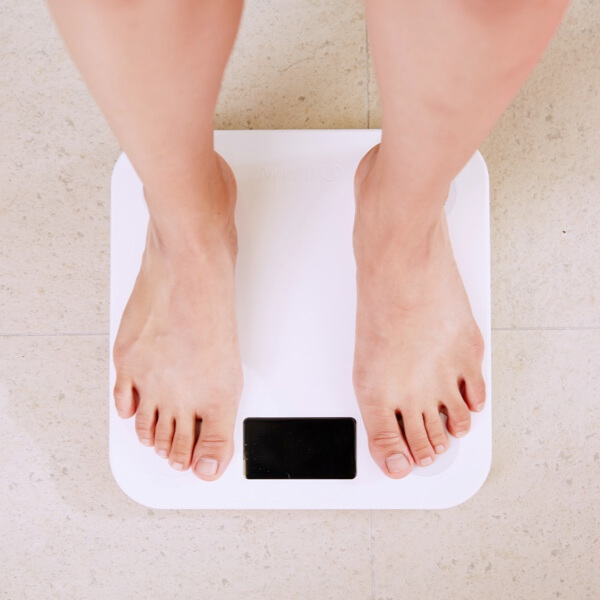…as if it were so simple. Here’s what I know:
It happens to everyone. Slowing metabolism is in most cases a natural result of age, hormonal imbalance, poor diet, lack of sleep, or lack of exercise. Who isn’t looking for ways to slow this process and to avoid the muffin top? Unfortunately, there isn’t a magic supplement and there isn’t a “one size fits all” dietary option.
You don’t have to settle. Your metabolism is unique and the strategy to boost yours will be completely unique as well. Part of my job is to help you to determine what diet and nutrition therapies might be most effective for you.
Top of my list?
Eliminate trans fats they lead to insulin resistance and inflammation with negative effects on metabolism.
Get enough lean protein. Diets higher in protein help preserve lean body mass, the best fat-burner of all.
Drink green tea. Grean tea mildly boosts metabolism by increasing thermogenesis, fat oxidation and energy expenditure. Green tea contains a high concentration of polyphenolic compounds known as catechins, with epigallocatechin-3-gallate (EGCg). Studies have examined the preventive effects of green tea and EGCG against the symptoms of metabolic syndrome and the results demonstrate promising effects in both genetic and dietary models of obesity, insulin resistance, high blood pressure and high cholesterol. EGCg may also prevent sugar from being stored as fat in fat cells by acting on insulin.
Include omega-3 fatty acids. Omega-3s have been found to balance blood sugar and reduce inflammation, both which are related to metabolism. Omega -3s also reduce resistance to the hormone leptin, which is linked to fat burning.
Get enough sleep. Sleep is an important modulator of neuroendocrine function and glucose metabolism. Chronic loss of sleep alters endocrine functions, glucose and insulin sensitivity, release of cortisol and the appetite controlling hormones ghrelin and leptin.
Resources: PubMed, Advance Nutrition and Human Metabolism-5th ed.


Leave a Reply